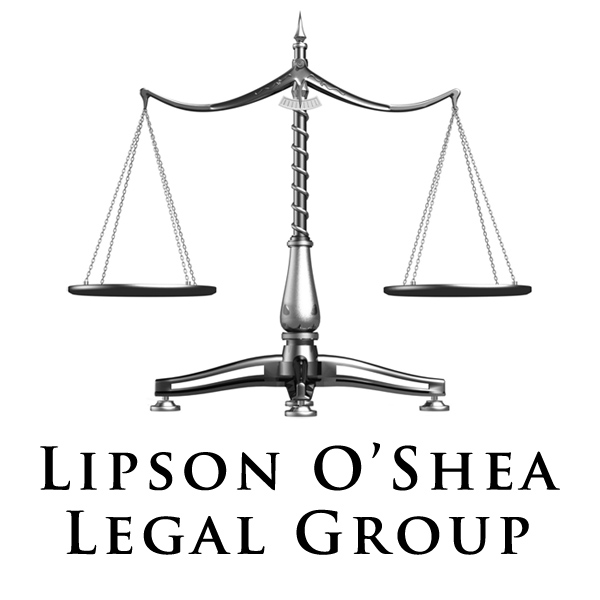Slip and Fall Personal Injury Cases
/ We often get calls from folks who fell while walking on someone's property - and they often assume that the property owner is liable to them for the injuries they suffered from that fall. However, when applying Ohio law to the facts of many of these cases, the property owner has no liability. Under Ohio law, in order for a property owner to have any liability to someone who is injured on that property, the injured party must prove EITHER: (1) the owner of the property knew of the dangerous condition before the injury, and that owner failed to remedy, or improperly remedied, that dangerous condition, or (2) the property owner actually "created" the dangerous condition. Further, there is a good body of law that states that naturally accumulating ice or snow does not require the owner of the property to clear that accumulation - and if you slip and fall on that naturally accumulation snow and ice, the property owner has no liability to you. Further still, if you trip and fall on a sidewalk where the "crack" is 4 inches or less, then the property owner has no liability to you.
Nevertheless, many times the property owner does, for the reasons stated above, have liability to a person injured on that property. We have successfully obtained reasonable compensation for people in those situations, so feel free to contact us to see if you have a valid claim.
We often get calls from folks who fell while walking on someone's property - and they often assume that the property owner is liable to them for the injuries they suffered from that fall. However, when applying Ohio law to the facts of many of these cases, the property owner has no liability. Under Ohio law, in order for a property owner to have any liability to someone who is injured on that property, the injured party must prove EITHER: (1) the owner of the property knew of the dangerous condition before the injury, and that owner failed to remedy, or improperly remedied, that dangerous condition, or (2) the property owner actually "created" the dangerous condition. Further, there is a good body of law that states that naturally accumulating ice or snow does not require the owner of the property to clear that accumulation - and if you slip and fall on that naturally accumulation snow and ice, the property owner has no liability to you. Further still, if you trip and fall on a sidewalk where the "crack" is 4 inches or less, then the property owner has no liability to you.
Nevertheless, many times the property owner does, for the reasons stated above, have liability to a person injured on that property. We have successfully obtained reasonable compensation for people in those situations, so feel free to contact us to see if you have a valid claim.
And, like your mother said, watch where you are going.



